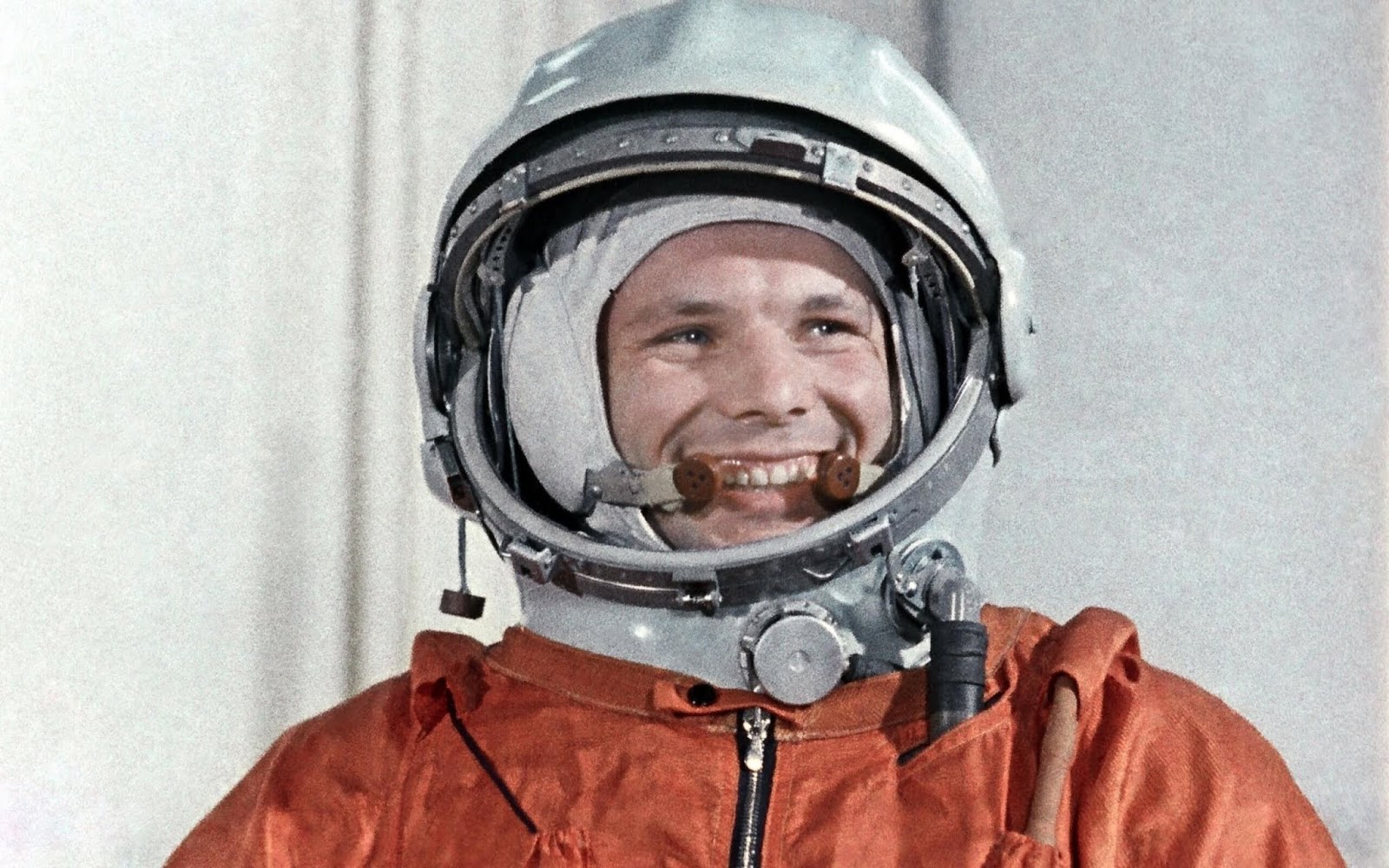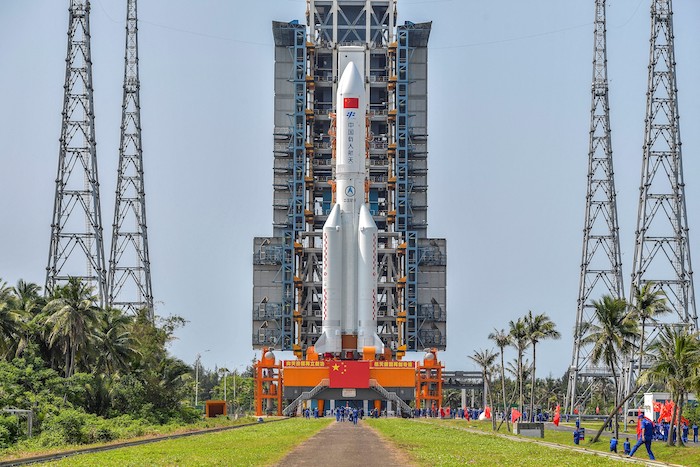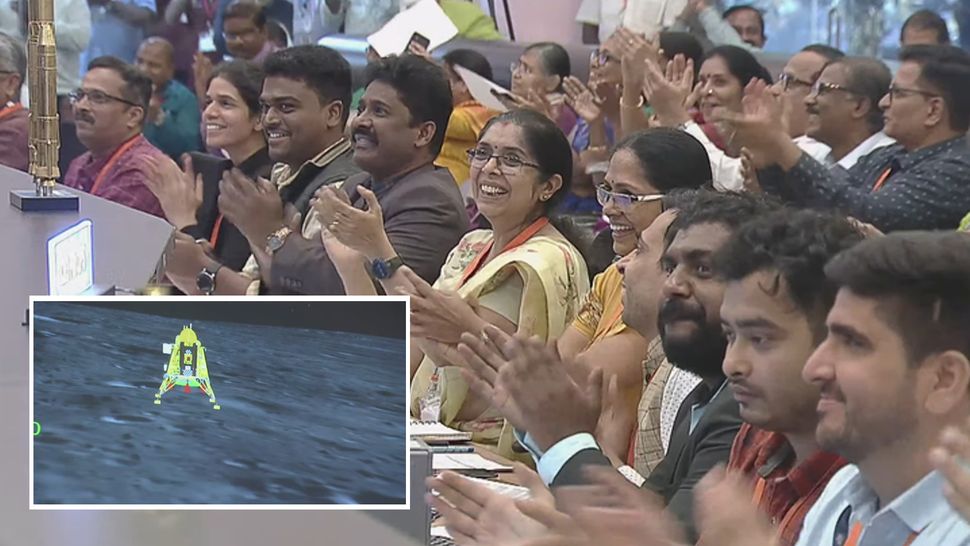Above the Earth: The Humility of Space’s First Pioneer
In the spring of 1961, a small, unassuming man stood before a gathering of military officers, scientists, and dignitaries in a Soviet space station. His name was Yuri Gagarin, and to many in the room, he was a curiosity—an unlikely hero in a story that had yet to be fully written.
Born in 1934 in the small village of Klushino, Yuri’s life seemed destined for simplicity. The son of peasants, he spent much of his youth working the land, but his thirst for something more was undeniable. He dreamed not of farming but of flying. At 18, he entered a local technical school, where he pursued a career in aviation. His classmates would later describe him as a dreamer, a young man with an infectious energy, a laugh that could light up any room, and a curiosity that bordered on insatiable.
But as fate would have it, Yuri’s life took an unexpected turn. He wasn’t always the first to finish his flight training, nor the most technically gifted. What set him apart, however, was a rare blend of courage, humility, and an unwavering ability to focus under pressure. He would later recount that he never felt fear during the hardest of flights. For him, the unknown was simply a puzzle waiting to be solved.
His talent caught the attention of Soviet authorities, but his real story began when the space program was in its infancy. The Soviet Union, in the early years of the Cold War, was locked in a race against the United States to conquer the stars. But the project was marred by tragedies. Test flights often ended in failure, and the path to space seemed fraught with uncertainty. There was a long list of candidates, each with specialized skills: test pilots, engineers, military veterans. But there was one factor that everyone had missed: a man’s heart.
Yuri was just a boy when the idea of space travel first reached Soviet soil. He would listen to stories about distant planets, astronauts who could journey beyond the clouds. While his peers were skeptical of these tall tales, Yuri believed. There was no dream too far, no hope too distant.
As the Soviet Union’s space race progressed, officials realized they needed someone not only technically capable but someone who could inspire the world. This person had to be more than a scientist; they had to be a symbol of their nation’s might and willpower. There were many other men who seemed better suited for the mission: taller, more seasoned, with decades of flying experience. But Gagarin had a presence—a spark that captured attention and stole the room’s focus. He was the perfect blend of humility and determination, a quiet force who could represent the future while remaining grounded in the present.
In a mysterious decision that would change the world, Gagarin was selected. In the days leading up to the mission, he would often stand by the Vostok spacecraft, gazing up at the vessel that would soon carry him where few dared to imagine. It was a small capsule, hardly grand by most standards, but to him, it was his ticket to immortality.
On April 12, 1961, the whole world held its breath as Gagarin’s Vostok 1 began its ascent. As the rocket launched into the heavens, Yuri’s heart raced, not from fear, but from awe. To see the Earth from the sky, the very sight of a planet so small and fragile, he later said, was humbling. There, amidst the vast nothingness of space, everything that once seemed so important on Earth faded into insignificance.
But the journey was not as smooth as it seemed. During the ascent, Gagarin faced technical difficulties—issues with the control system that threatened to derail the mission. But like a seasoned aviator, he adapted. The calm in his voice, the steady grip of his hands, became the true test of his character. His heart beat not in panic, but in steady rhythm, aligning with the stars as they blinked beneath him.
The flight was a dizzying 108 minutes, but those minutes changed the world forever. Yuri Gagarin, orbiting Earth at 27,400 kilometers per hour, had become the first human to travel to space. As he orbited the planet, he looked out at the curve of the Earth and felt what can only be described as a profound connection to something far greater than himself. The human race had reached the stars, and it was his face that adorned the pages of every newspaper.
Yet, when Gagarin returned to Earth, he was no different from the man who had left it. The adulation, the parades, and the celebrations felt distant to him. All that mattered was the sense of accomplishment that only those who’ve ventured beyond the familiar could understand. Yuri didn’t want to be treated as a hero. To him, space exploration wasn’t an act of grandeur—it was simply the next step for humanity.
He often said in interviews, “I am not a hero. I am a man who was given the honor of being the first to do what others will soon do.”
In the years following his historic flight, Yuri Gagarin remained a quiet voice of space exploration, forever humble. Though his life would tragically be cut short in a plane crash in 1967, the legacy of that spring day in 1961, when a simple boy from a small village made history, would live on forever.
And in every gaze towards the night sky, Yuri’s spirit would whisper a reminder: the stars are never as distant as we think.
The Surprising Reason Boring Sectors Are Profitable and Creative Ones Are Struggling | Maya




